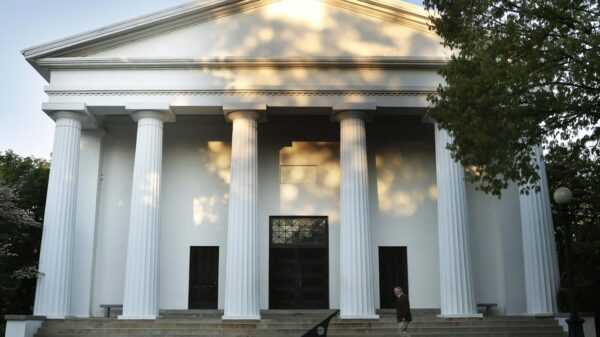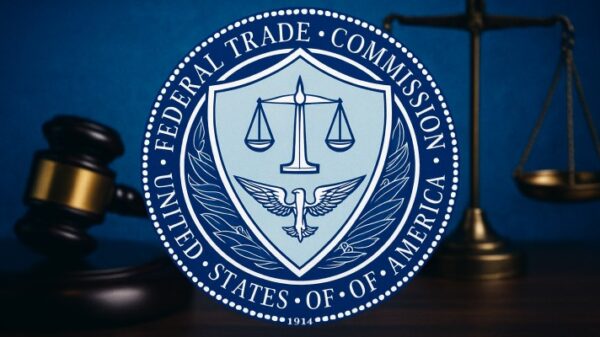URGENT UPDATE: New reports confirm that universities across the United States are increasingly employing AI technology and anonymous reporting systems to scrutinize faculty and student communications for “inappropriate” content. This alarming trend raises immediate concerns over academic freedom and the potential stifling of open discourse on campuses.
This initiative, which has been gaining traction since October 2023, is intended to foster a safer environment. However, critics argue it creates a chilling effect among students and faculty, fostering a culture of fear and censorship. The implications are profound, as many educators express anxiety about voicing their opinions, fearing repercussions from both students and administrative bodies.
Officials at various universities report a surge in the use of these monitoring tools, with a notable increase in anonymous reports being filed against faculty members. The technology aims to identify and manage potentially harmful speech, but the lack of transparency in how these systems operate is raising alarms among free speech advocates.
Why This Matters NOW: As academic institutions embrace these technologies, the potential for misuse looms large. Critics warn that the definition of “inappropriate” content can be subjective, leading to arbitrary and punitive measures against those who engage in controversial discussions. This could result in a significant shift in the academic landscape, where fear of backlash overrides the pursuit of knowledge and open inquiry.
The debate is intensifying. While proponents of these measures argue they are necessary for maintaining a safe educational environment, opponents contend that they undermine the very foundation of academic freedom. The situation is evolving rapidly, with universities facing mounting pressure to clarify policies regarding speech monitoring and the criteria for reporting.
Next Steps: As reactions unfold, stakeholders from various sectors—including educators, students, and legal experts—are calling for a dialogue on the balance between safety and free expression. Universities are urged to refine their policies to ensure transparency and protect the rights of their communities.
The urgency of this situation cannot be overstated. Students and faculty alike are grappling with the implications of these monitoring systems on their daily lives. The dialogue surrounding academic freedom and censorship is more critical than ever, as universities navigate the complex landscape of safety versus open expression.
Stay tuned as we continue to report on this developing story, with more updates expected in the coming days. Share your thoughts on how these changes might affect the future of academic discourse.








































































